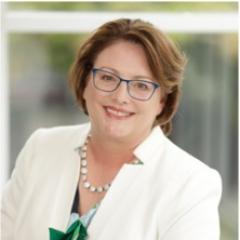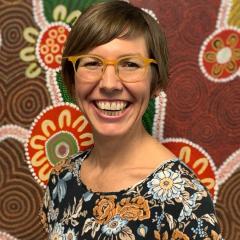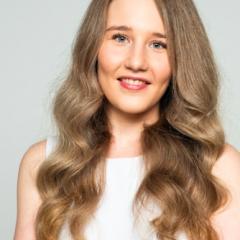What is this study about?
For children with acquired brain injuries (ABI) or cerebral palsy (CP), making friends and maintaining social networks can be a major challenge. We have previously demonstrated efficacy for an evidence-based parent assisted face-to-face delivered group based social skills training program (Program for the Education and Enrichment of Relational Skills: PEERS®) for adolescents with brain injuries to improve social knowledge and participation. However, for primary school aged children with brain injuries, there is no equivalent version of PEERS®.
The study aims to determine if a novel creative and performing arts-based social skills program based on PEERS® can improve social skills and the ability to make and maintain friendships for children with ABI or CP. It will also explore the child’s and their caregiver’s experience of the program.
Who can participate?
Children who:
- are 8 to 13 years of age and attend mainstream school,
- have a diagnosis of acquired brain injury (at least 6 months post ABI) or cerebral palsy,
- have difficulty with social skills and making and maintaining friendships,
- have speech that is understood by unfamiliar listeners.
Who is not eligible to participate?
Children who:
- have uncontrolled epilepsy
- have severe visual or auditory impairment
- are non-verbal
What is involved?
You will attend a screening interview to confirm eligibility and interest in the study. You will then complete assessments at the beginning of the study, following the completion of the PEERS program and then again three months later. The PEERS program is comprised of 13 weekly sessions of 90 minutes duration, led by a therapist. PEERS is delivered to groups of 8-10 children, while a concurrent parent group is run in a different room.
Benefits
- The program may enhance your child’s social skills and help develop their skills to make and keep friends. As a result, this may improve their long term psychological well being and quality of life.
- You will be assisting us to gather information that may influence the way social skills training for children with CP or ABI is delivered and provide better outcomes for their future.
We are now recruiting for groups in 2024. Participation in this study is voluntary and you can withdraw from this study at any time without penalty.
If you would like to take part in this study, or would like more information, please contact our Chief Investigator Associate Professor Leanne Sakzewski (Principal Investigator) Phone: 07 3069 7345 or Email: l.sakzewski1@uq.edu.au
This study is supported by a project grant from the National Injury Insurance Scheme Queensland (NIISQ).




